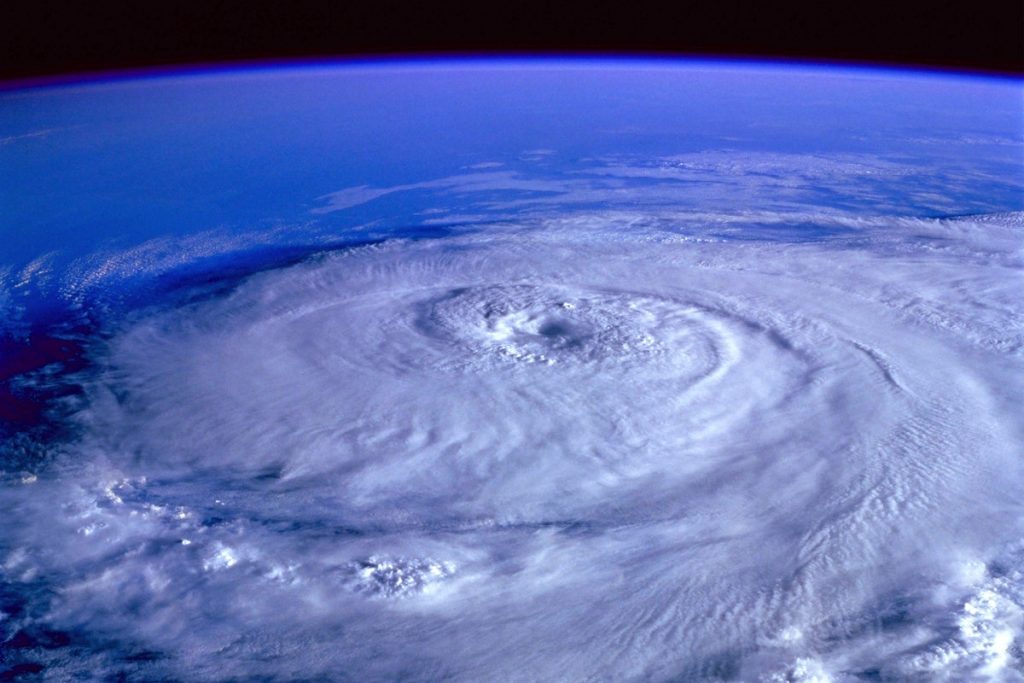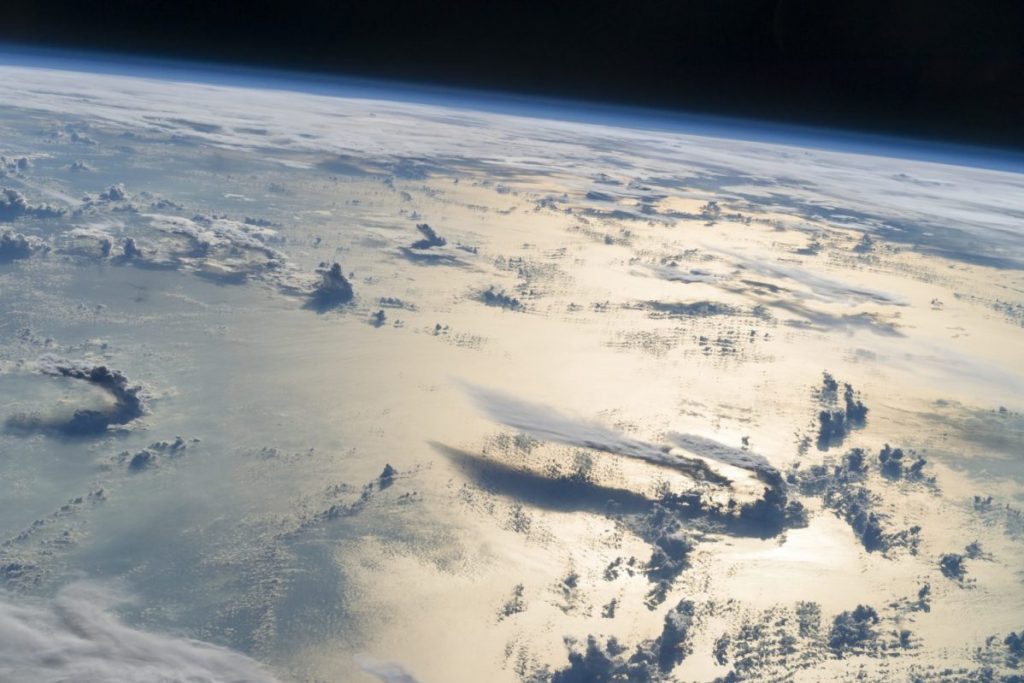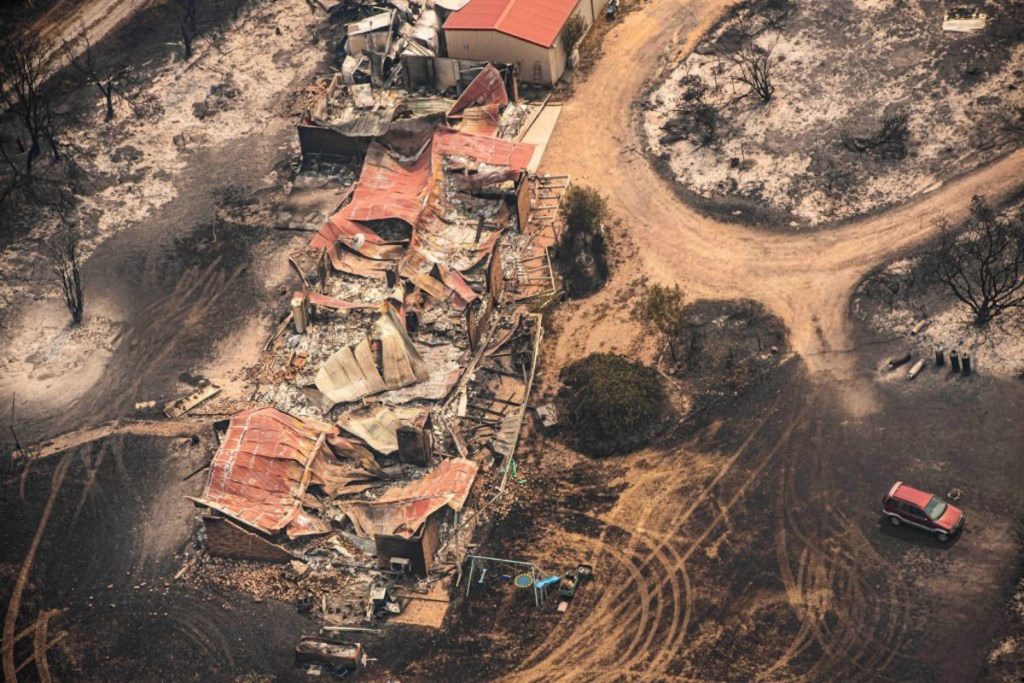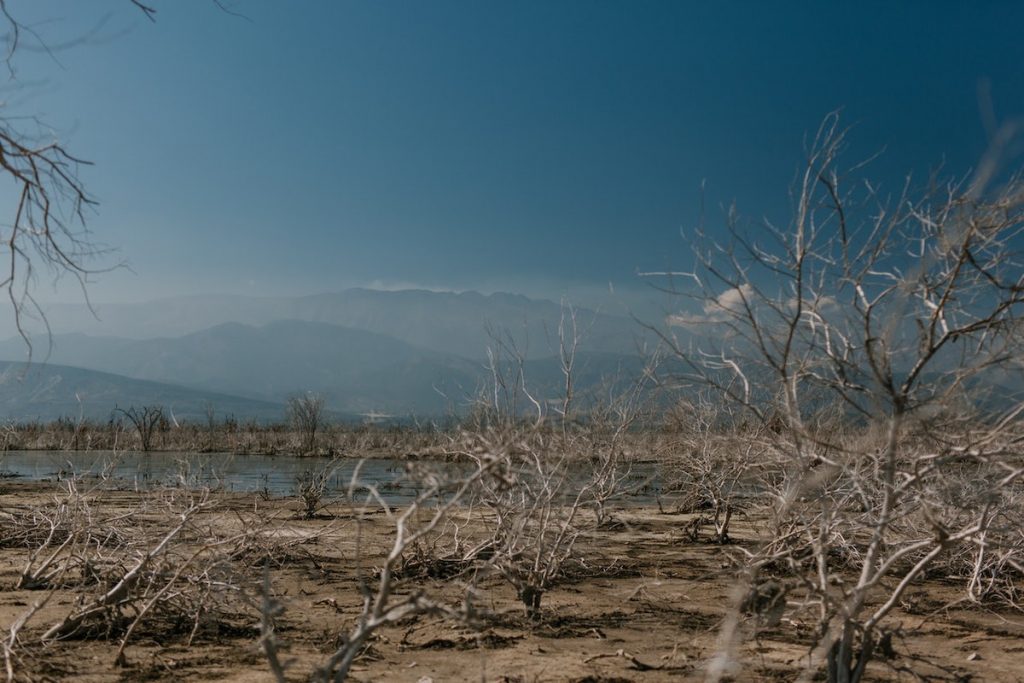Marine heatwaves and mesoscale ocean physics have a profound impact on the marine environment. They impact ocean physics in the form of warmer temperatures, mixing and the creation of eddies and fronts. These processes in turn impact plant and animal physiology and nutrient availability, with consequences at all levels of the ocean food chain. Marine heatwaves also interact with atmospheric physics, and ocean biogeochemistry is at the core of the carbon cycle, with consequences for future climate trajectories.
Marine heatwaves impact ocean physics in the form of warmer temperatures, mixing and the creation of eddies and fronts. These processes in turn impact plant and animal physiology and nutrient availability, with consequences at all levels of the ocean food chain.
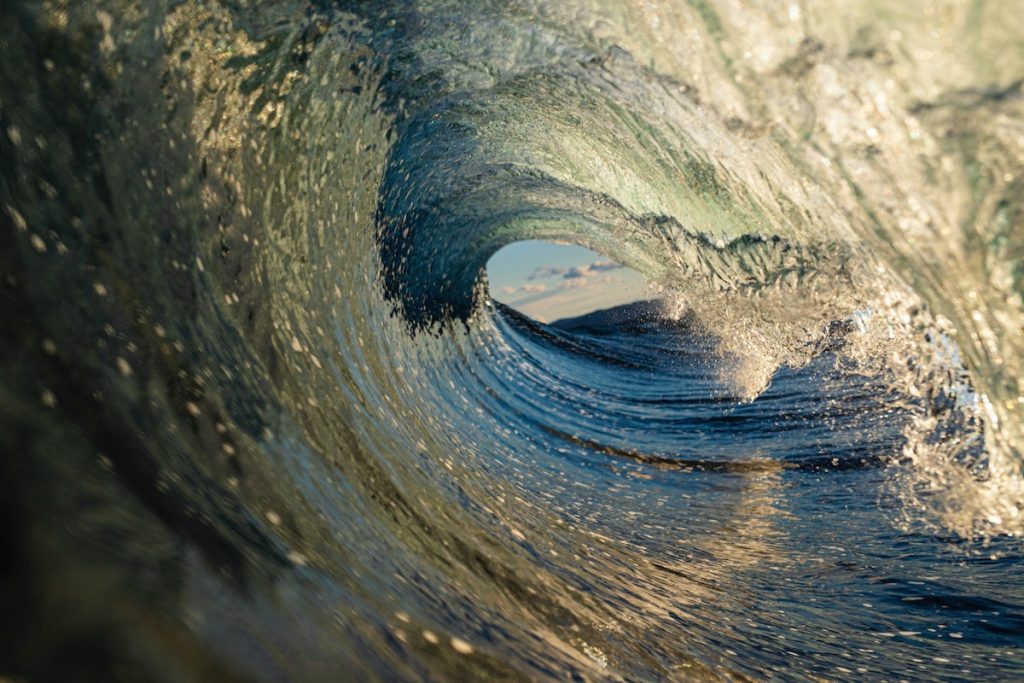
The Ocean Extremes Research Program answers the following questions:
- Marine heatwaves: How can we best model and predict marine heatwaves?
- Mesoscale ocean processes: How do marine heatwaves interact with other climate extremes?
- Biogeochemistry: What are the current and future roles of mesoscale physics and biogeochemistry in the climate system?

